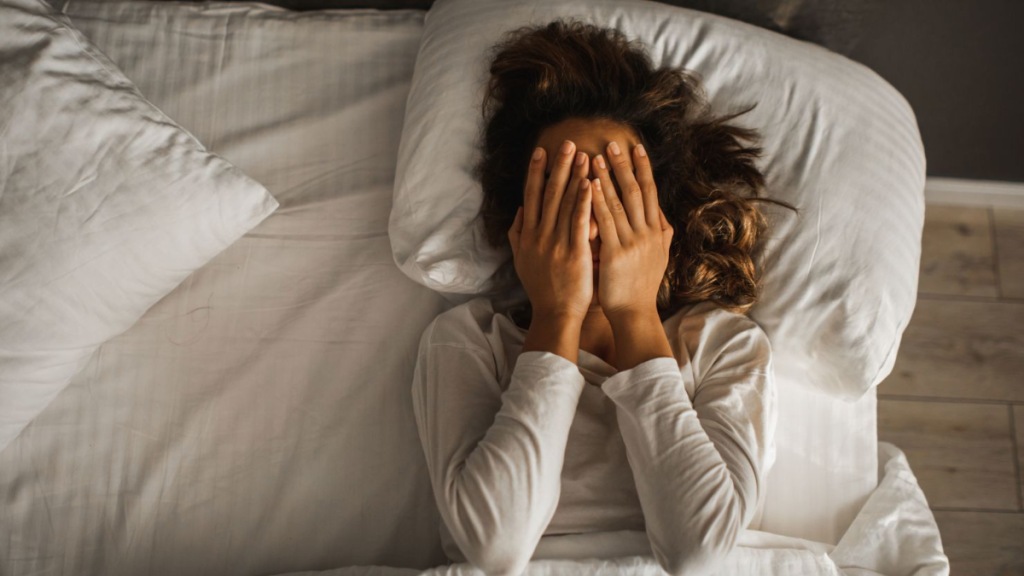Against the status quo narrative maintained across all kinds of health websites and social media posts telling you to get more sleep, a recent study reveals that sleeping for more than nine hours could cause more damage to your health than sleeping too little.
Sleep is crucial for maintaining physical and mental well-being. It provides a much-needed downtime for the body’s functions, including muscles and the brain, to recover from the day’s demands. But the latest research warns that getting more sleep than your body needs might point to deeper health problems and possibly raise your risk of early death.
Key findings
A recent University of Oklahoma study investigated the connection between sleep patterns and associated health risks. This study analysed the findings of 79 other studies, each tracking participants’ sleep habits for at least a year, to assess the impact of sleep duration on the risk of poor health or mortality, seeking an overarching trend.
They found that people who slept for less than seven hours a night had a 14% higher risk of dying in the study period, compared to those who slept between seven and eight hours. This is not surprising given the established health risks of poor sleep.
While past studies have equated shooter sleep spans with headaches, mood swings, paired with difficulty concentrating at work, along with a higher risk of developing cardiovascular disease, such as heart attacks, metabolic disorders and long-term anxiety and cancer. Researchers have found that those who slept for more than nine hours a night had a 34% higher risk of dying than people who slept seven to eight hours.
ALSO READ
Standing on past precedents
This supports similar research from 2018, which combined results from 74 previous studies that followed the sleep and health of participants across time.
The study’s author, Dr. Chun Shing Kwok, remarked that the study has an important public health impact, stating, excessive sleep is a marker of elevated cardiovascular risk.
“Our results showed that poor-quality sleep was linked to a 44 per cent higher risk of developing heart diseases, ” he added.
The study further indicated that the risk of death increases with longer sleep durations. For instance, sleeping for 9 hours is associated with a 14% higher risk of mortality, whereas sleeping for 10 hours carries a 30% higher risk.
Even though this sounds alarming, it becomes important to note here that the study has only linked sleep (more than recommended for your age) to issues like depression, chronic pain, weight gain, and metabolic problems, and not identified sleep as the primary cause of developing such disorders in the first place. This means excessive sleep is not necessarily the root cause of these health issues; rather, it might be a symptom of a person’s overall poor health.
What’s a healthy amount of sleep, then?
The reasons some people sleep a little and others sleep a lot depend on individual differences that cannot be completely accounted for by the present research methodologies.
Sleep requirements tend to vary by age. Teenagers generally require 8 to 10 hours, while most healthy adults do well with 7–9 hours per night. Seniors, despite sometimes needing naps or longer rest periods, still fall into the 7 to 9 hour guideline. However, both sleep quality and consistency are just as important as duration.
Researchers further emphasise that if you’re regularly sleeping for more than nine hours and still feel fatigued, it may be time to speak with a healthcare provider. Excessive sleep could be your body’s signal that something deeper is at play.








